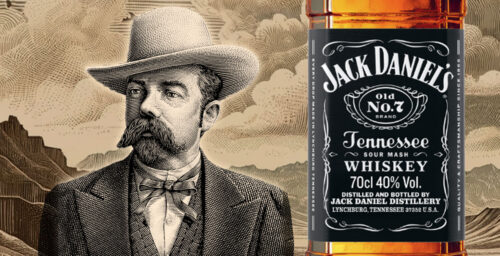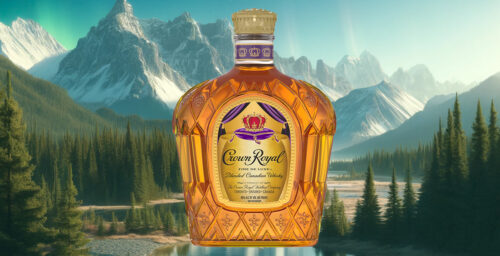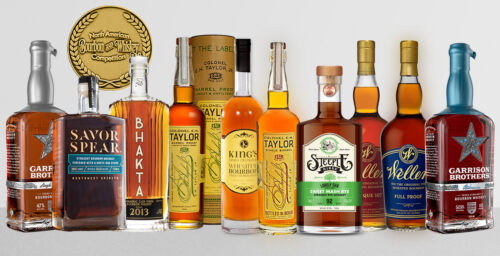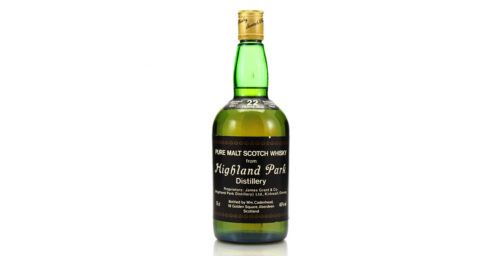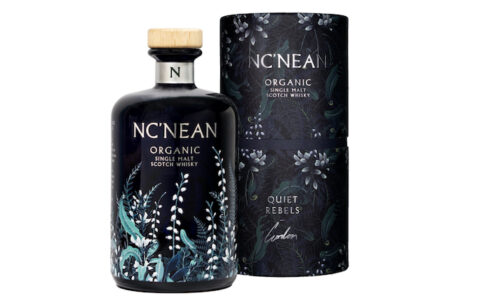Did you know that whiskey can be more than just your favorite beverage? Besides winding down with a glass at the end of the day, this dark and delicious drink might actually belong in your investment portfolio as well. We chatted recently with Jay Bradley, founder of the UK-based Whiskey & Wealth Club, to learn more.
Bradley explained that now is the time to invest in cask whiskey, particularly due to the volatility in financial markets from the ongoing COVID-19 epidemic. “We have seen an increased appetite from private investors and funds. Cask whiskey investment is increasing in popularity as investors look to hedge against inflation and the uncertainties of the markets,” he shared.
So why is this nontraditional avenue a good idea? We all know that producing whiskey is a capital and labor intensive process, as distilleries can’t profit from whiskey for years due to the long aging guidelines. “To help cover these costs and raise capital, distilleries will allow private investors to purchase these aging casks through exclusive brokers like Whiskey & Wealth Club,” Bradley expanded.
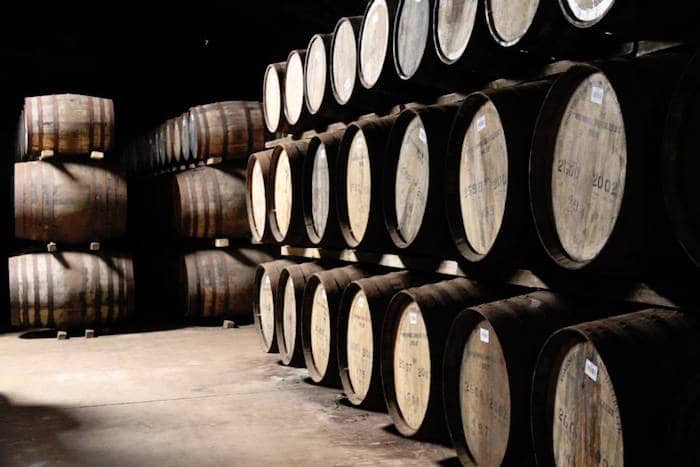
Whiskey must be aged, ideally between five to ten years, during which its value increases exponentially. The businessman stated that, “During this time, casks are stored in a fully insured government bonded warehouse with the insurance on each 200-litre cask of whiskey increasing year on year in line with the value. The ownership and titles are held by the investor as the asset owner, who can then decide their exit strategy after their casks have matured.” Exit strategies can include selling to private collectors or investors, bottling and labeling it yourself, selling at a whiskey auction, or selling to an existing brand.
To further break it down, whiskey’s value is largely determined by its age. So the older it is, the greater value it has. As a result, any stock that is purchased as an investment will rise as the whiskey matures. “Ireland’s largest distiller, which produces the world-famous Jameson brand, tracks the increase on its maturing stock at 18% per annum,” shared Bradley.
Another clear sign that cask whiskey investment could be a lucrative opportunity is the fact that globally, the demand for whiskey aka liquid gold is on the rise. Forecasts show that demand will continue to grow, with a particular focus on emerging markets in Africa and Asia. No pun intended, but Bradley explained that “The whiskey market is extremely liquid, should investors wish, they could sell in a shorter time. Buyers are always looking to secure already mature stock, whether these be fellow investors or labelling companies.”
Additionally, the Whiskey & Wealth team has been hearing from distilleries across the board that they are planning price increases of up to 20% in the coming months, making now a good time to secure wealth in cask whiskey.
Worldwide, whiskey sales are rising, with market values on the up. Irish whiskey for example is the fastest growing premium spirit in the world. (This is according to the IWSR global benchmark for spirit data, IWSR, which shows exports have grown by 300% in the last decade, with the US market for Irish whiskey worth $1bn alone.) Scotch whisky, however, has the largest market share and remains the most valuable. It currently accounts for over 20% of the UK’s total food and drinks exports. Its export value rose by 10.8% in the last year alone, shared Bradley.
Whiskey has always been an alternative investment opportunity, though in the past, it was more of a niche market focused on private collections and experts selecting especially rare bottles. Bradley opined that this all began to change in the weeks and months leading up to the 2008 financial crisis. He stated that at that time, “There was an upward trend of high and ultra-high net worth individuals hedging their bets against markets which were set to implode”.
While those investments ultimately proved to be valuable, it was a high entry costly exercise reserved for those who had the connections to purchase casks directly from distilleries and could afford to invest this way. These days, Whiskey & Wealth Club bridges the gap between investors and distillers, making the market more accessible to private investors with ultra-wholesale rates due to purchasing power and economies of scale. “Our wealth advisors support a range of clients from those looking to diversify their portfolio through to people investing for their retirement,” said Bradley. The founder also shared that with the recent shocks to financial markets, the appetite for cask whiskey investment has grown once again. This is likely due to its asset backed nature, removing its susceptibility to economic downturn, whether regional or global, such as the current pandemic.
Overall, the value of whiskey as an investment has risen significantly over the last decade. In fact, according to Whiskey & Wealth founder Bradley, whisk(e)y has fast become one of the most popular alternative investment opportunities, with rare whisky topping the Knight Frank Luxury Investment Index. According to the 2020 index, the value of whisky has risen by 564% in the last 10 years. By comparison, the value of classic cars rose by 194%, fine art by 141% and wine by 120%. Unlike rare whisky, the value of cask whiskey is tied to its age rather than the markets, making it appealing to investors in the current climate.
It’s clear that investing in cask whiskey could be an interesting portfolio expansion opportunity for whiskey lovers looking to reap the rewards of this growing industry.

